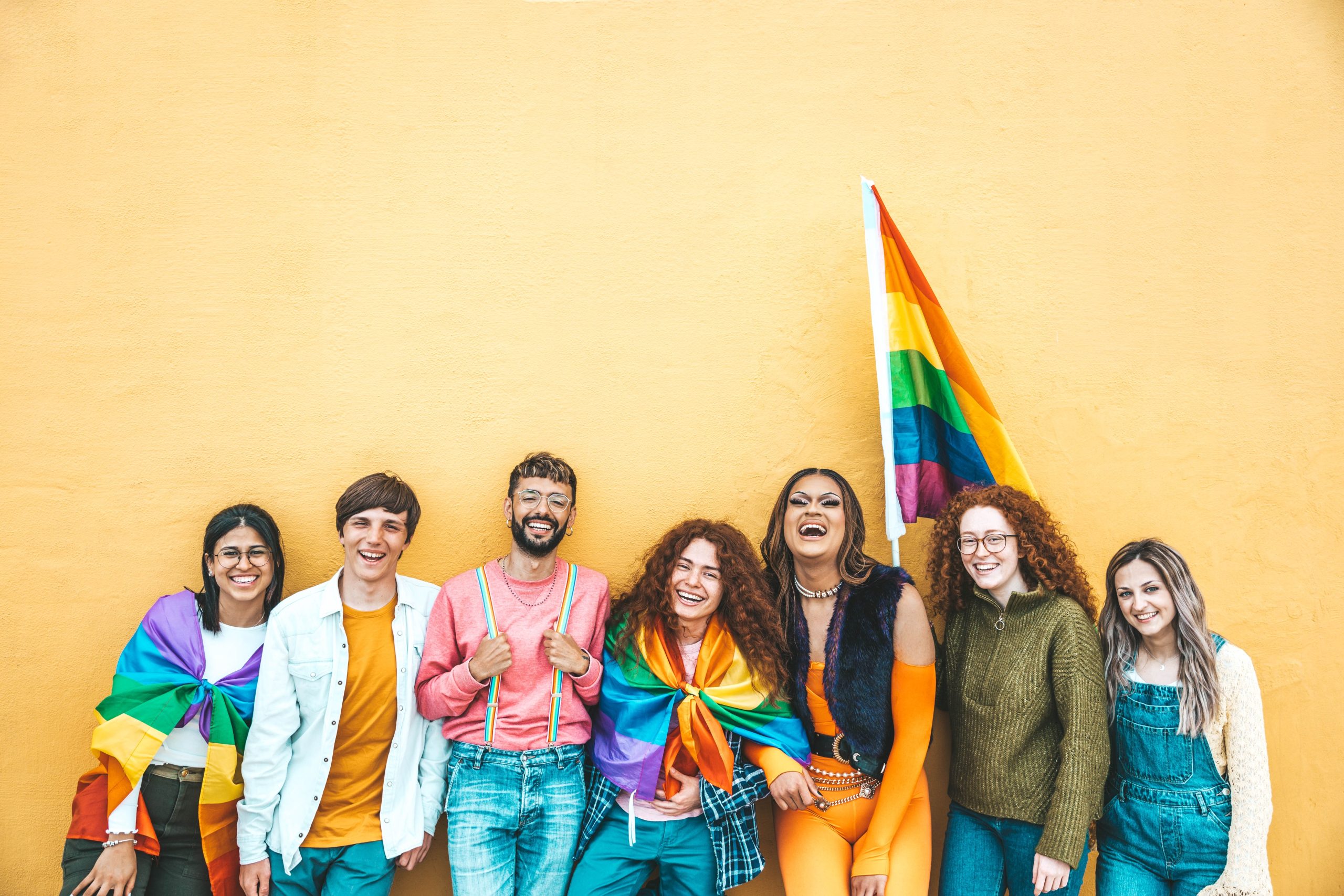Iris Telehealth acquires innovaTel Learn more
Celebrating Progress In Mental Health Care This Pride Month
June 13, 2024 | Diversity, Equity & Inclusion | LGBQT+

In recent years, the vulnerability of the LGBTQIA+ population when it comes to experiencing mental health or behavioral health challenges has been well documented. Surveys have revealed that LGBTQIA+ teens are more likely to experience depression or suicidal ideation than their heterosexual peers, and stigma associated with sexual identity and sexual orientation has long been an ever-present issue.
Despite those challenges, the landscape of mental health care for the LGBTQIA+ community has made strides, beginning with the fact that Pride Month in June has become a widely recognized and celebrated time to raise social awareness. What became officially recognized as gay and lesbian pride month in early 1999 evolved in 2011 to include the entire LGBTQIA+ community.
But, it should be noted that the progress that has been made toward acceptance began decades earlier.
Dr. John Ercel Fryer, a psychiatrist and gay rights activist, has been credited with changing clinical perspective as it relates to homosexuality. A speech he gave at the American Psychological Association’s annual conference in 1972 highlighted the fear that gay psychiatrists experienced in an era where homosexuality was considered a mental illness. It was his activism that many say inspired the removal of the mental illness association from homosexuality.
And since, as issues related to the LGBTQIA+ community have increasingly moved from the shadows to the forefront, meaningful progress has been made, especially in the mental health space. Not only is there a greater understanding of the challenges the LGBTQIA+ community faces on a day-to-day basis, both personally and professionally, but treatment spaces have become safe spaces for a historically marginalized population.
The growing emphasis on cultural competence throughout the industry is one way that clinical environments have become more comfortable and safe for the LGBTQIA+ community. At innovaTel, we mandate cultural competency training because we understand and appreciate its value from both the provider and patient perspective. And, we know that validation is vital, misgendering or language that doesn’t support an individual’s gender identity can be harmful, and context can oftentimes be critical to determining a specific diagnosis or treatment plan.
Of course, there is still work to be done. It isn’t enough to see the challenges the LGBTQIA+ population faces and how those challenges impact mental and behavioral health. It is imperative to work towards solutions that address the underlying cause of those challenges while equipping patients with the tools they need to live a healthy life in an evolving social culture.
A majority of LGBTQIA+ individuals are still harassed or threatened at some point in their lives because of their sexual orientation. Nearly a quarter of transgender individuals have reported avoiding seeking health care for fear of being discriminated against, and LGBTQIA+ teens are six times as likely to experience depression compared to their heterosexual peers.
In addition, Mental Health America reports that more than a quarter of transgender individuals and about 8% of LGBTQIA+ individuals have been denied health care.
While the landscape of mental and behavioral health care has evolved from one that used to consider homosexuality a mental illness to one that is increasingly providing safe spaces for the LGBTQIA+ community, it’s important to recognize the value of an awareness campaign like Pride Month to further inspire additional progress.
Newsletter sign up
Internet Explorer is no longer supported.
Please use a different browser like Edge, Chrome or Firefox to enjoy a full web experience.
It's easy to make the switch.
Enjoy better browsing and increased security.
